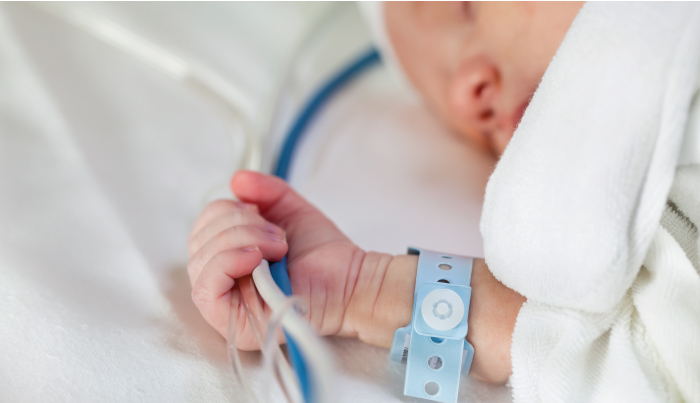
01 Jul Becoming a better parent: Understanding early trauma
Our Westview team member, Terry Owens, continues our series, Becoming a Better Parent. In this article, Terry shares important ideas about “Understanding early trauma.”
All parents need to understand trauma and how it might affect their children. Most of us think of trauma as a form of physical harm, such as a traumatic injury or physical abuse, which can have a tremendous effect on the brain (post-traumatic stress disorder (PTSD), anxiety, etc.) There is another form of trauma that affects brain development during pregnancy and childbirth which is a form of physical trauma that affects the development of the child’s brain.
In their first three years, a child learns relationship and self-regulation skills. At birth, they are totally dependent on their parents to provide for their needs. In those early days, the most highly developed part of the child’s brain is the amygdala (the downstairs brain), which is the fight, flight, or freeze portion of the brain. The upstairs brain—the portion of the brain empowering us to think, learn, reason, remember, and regulate emotions—has yet to significantly develop and link to the rest of the brain. Your child develops the upstairs brain, the cerebral cortex, through connection with parents and those around them. When a child experiences trauma it can affect the wiring, growth, and chemistry of the brain. Fortunately, these results of trauma can be corrected through connection. The brain of the child is “plastic” and can be rewired.
What are some types of brain trauma that can affect infants? Here are some examples.
- A difficult pregnancy can affect the development of the brain of a child in utero. This could happen for any reason, including severe illness, physical trauma, or the mother’s use of drugs or alcohol. When the mother experiences severe stress or trauma during pregnancy her stress hormones flood the body of the child and change how the brain develops. This high level of stress could result from changing jobs, moving, experiencing marital problems, losing a loved one, or suffering health issues.
- A difficult birth can cause trauma for a child’s brain development. For example, a long delivery, an emergency cesarean section, or an umbilical cord wrapped around child’s neck can bring significant trauma to the newborn.
- Early hospitalization in a NICU can bring trauma changing brain development in a child. A child that experiences early hospitalization usually experiences painful touch (needles and IVs) instead of the usual nurturing touch and isolation instead of parental cradling, both of which can alter brain development.
- Even in strong healthy families, a child can experience trauma early in life. A normal childbirth with no complications is traumatic for you and your child.
Understanding how early childhood trauma affects infants can help us understand some of our child’s behavior and take steps to engage our children in loving and gentle ways to build healing connection. These connections help children develop a healthy brain. God created us to connect through healthy physical touch, eye contact, and meeting the needs of the child. Please remember, though, behind every challenging behavior is a need not met. Discern the need, meet the need, and the child’s behavior will change, eventually healing the trauma.
If you would like to know more about how trauma affects brain development, reach out to us at Westview Boys’ Home (wbhadmissioms@gmail.com).


